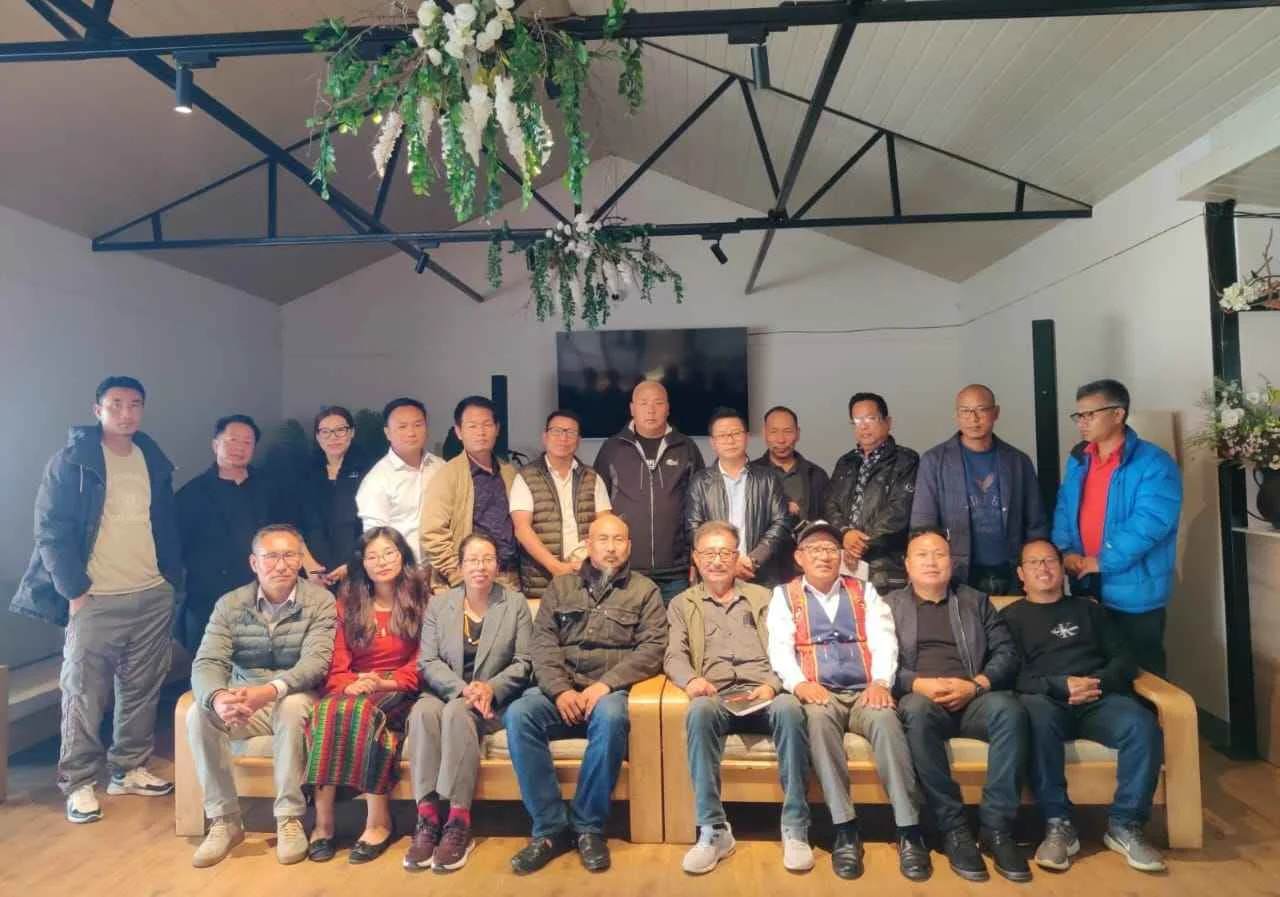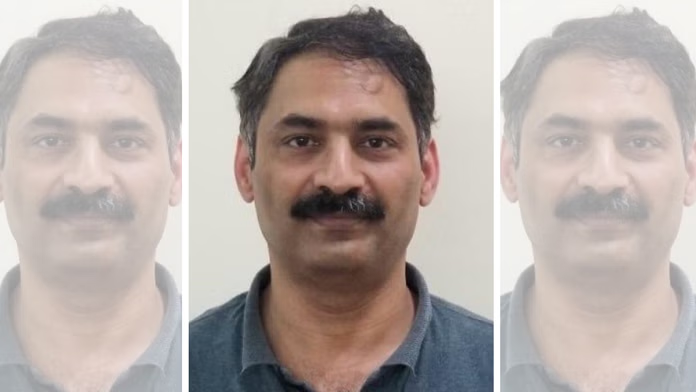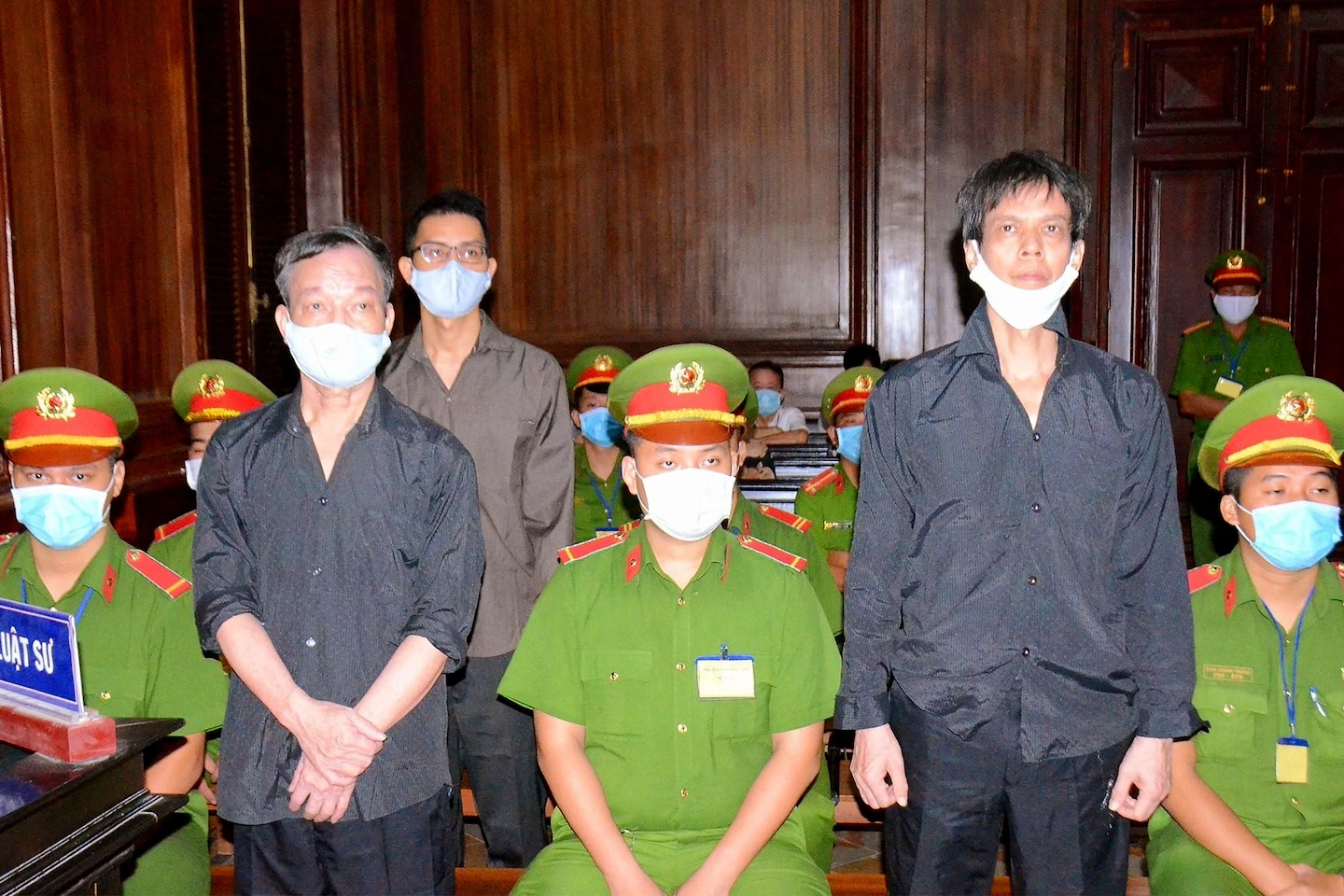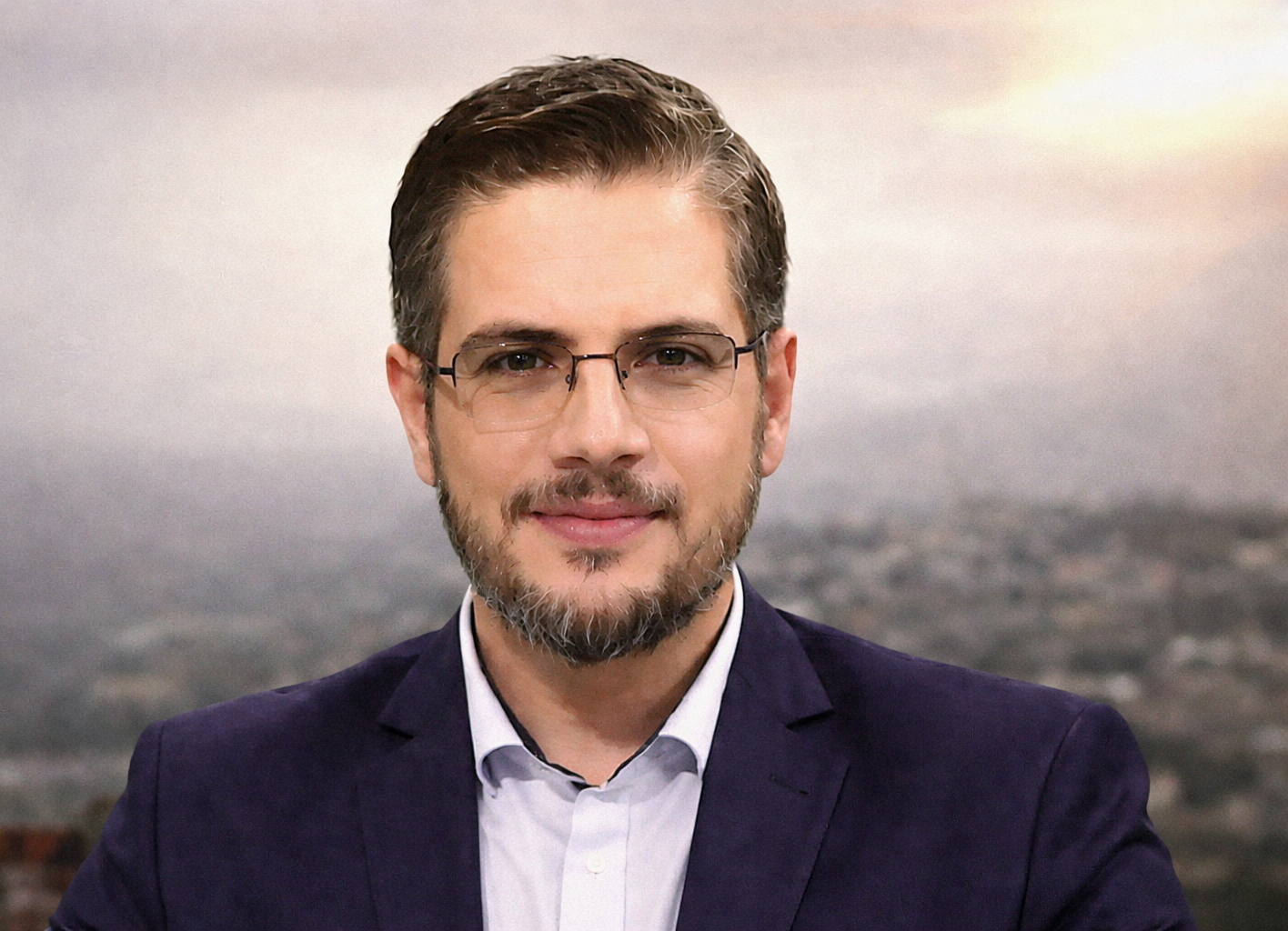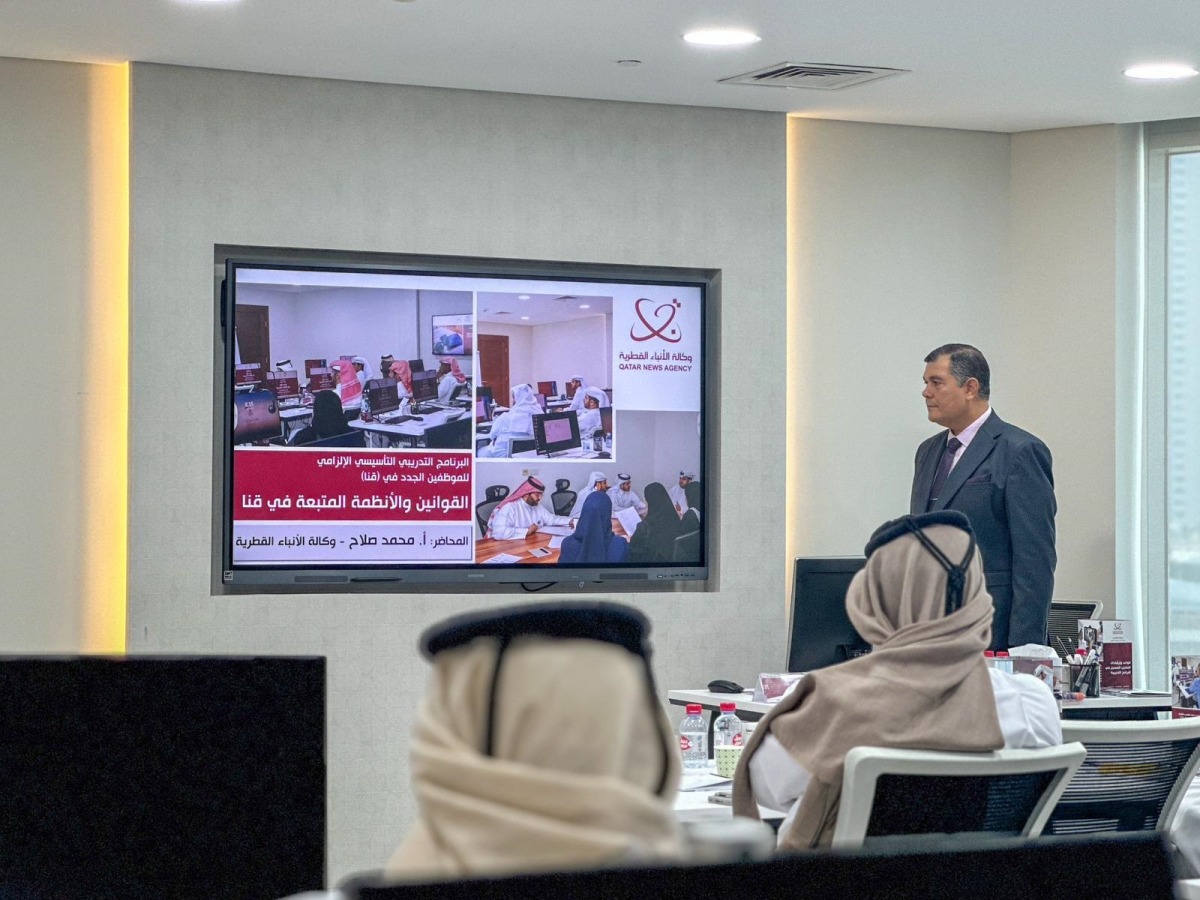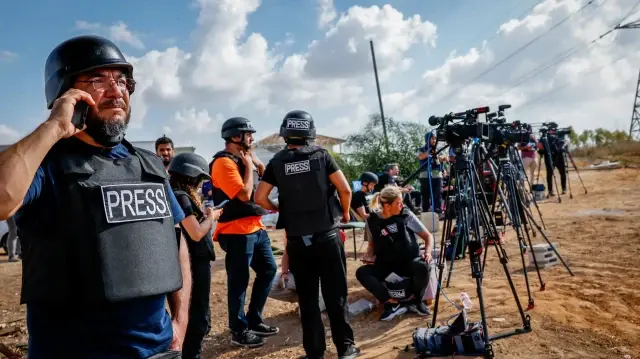Former President Donald Trump issued an executive order defunding the U.S. Agency for Global Media (USAGM), effectively shutting down Voice of America (VOA), Radio Free Europe/Radio Liberty (RFE/RL), and Radio Free Asia (RFA). These state-funded outlets have long operated in authoritarian regions, offering independent news and amplifying voices that challenge repressive regimes.
The closure has had swift and devastating consequences. At least 10 journalists affiliated with these outlets are now imprisoned in countries such as Vietnam, Myanmar, Russia, Azerbaijan, Belarus, and the occupied areas of Ukraine. Many were arrested shortly after the shutdown, indicating that their loss of U.S. institutional backing made them easy targets for retribution.
Among the most alarming cases is Ulviyya Ali, a prominent Azerbaijani journalist who reported for VOA on human rights abuses. Shortly after the media agency’s closure, she was arrested on charges of currency smuggling, widely viewed as fabricated. Before her detention, she reportedly left behind a message predicting her arrest and declaring her innocence. Activists say she has been tortured while in custody.
The Washington Post and Editor & Publisher detailed how these journalists were abandoned mid-assignment. Their local connections, reputations, and even physical safety were all compromised overnight. With U.S.-funded media shuttered, their employers no longer exist to provide legal, financial, or diplomatic support.
The decision to dismantle USAGM has drawn fierce backlash from human rights groups and press freedom advocates. Critics argue it signals a withdrawal of American support for democratic ideals abroad and emboldens regimes to punish journalists with impunity. The imprisoned reporters were not merely employees—they were crucial links between closed societies and the outside world.
There is now a growing push to reverse the executive order and reestablish USAGM. Supporters emphasize the urgent need to protect journalists who risk their lives to challenge authoritarianism and provide independent reporting. As legal efforts move forward in U.S. courts, the fate of these journalists and the future of press freedom in hostile environments remain uncertain.

